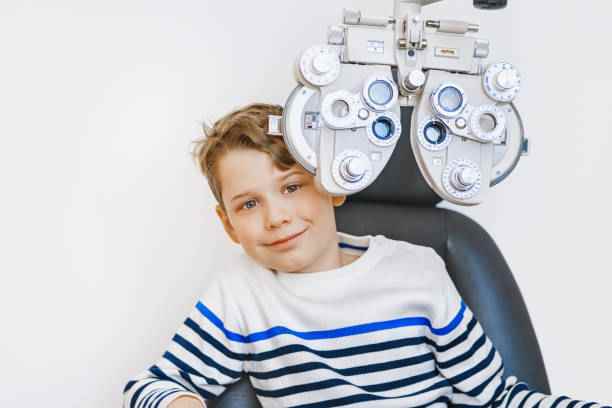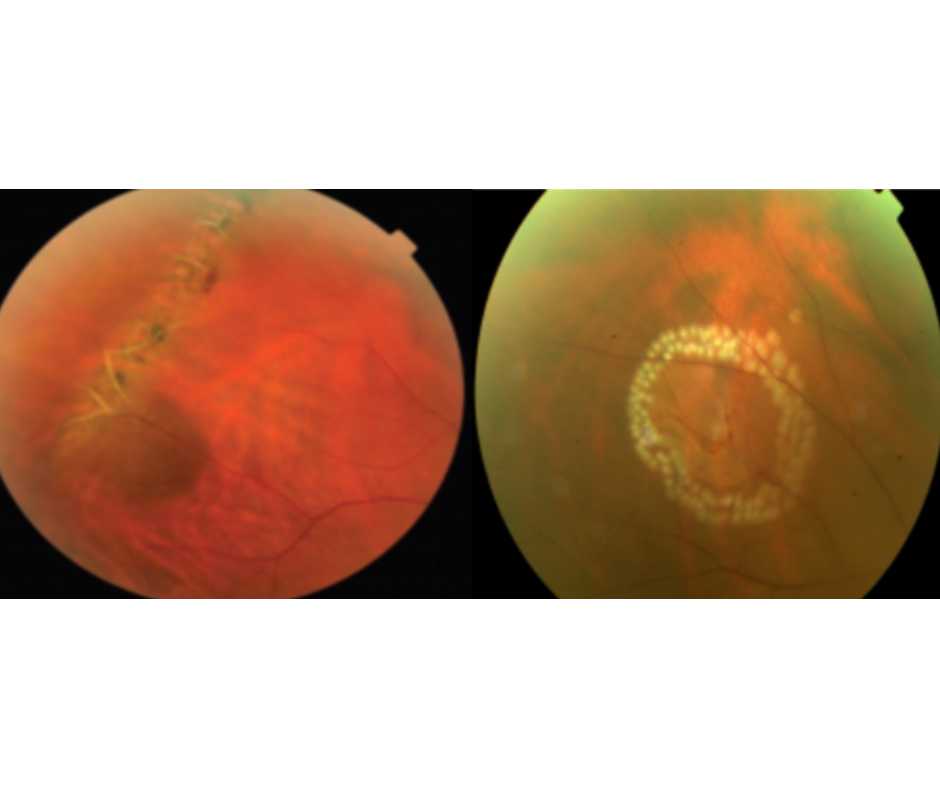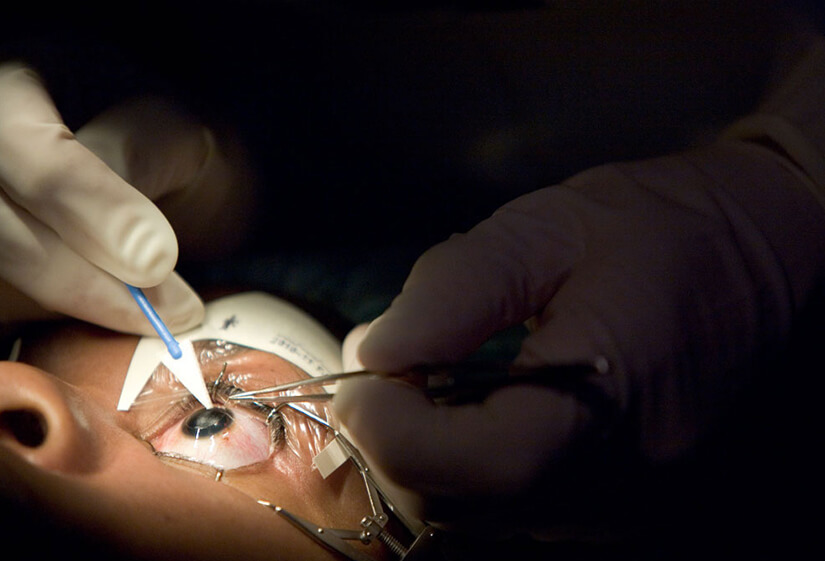Eye protection in children is most important now because they don’t know how to take care of themselves so it is most important to protect them and their eyes. If they are facing any issues immediately we need to take them to the eye care centre. To take care of children’s eyes we need to follow some steps like screen minimizing, proper and healthy foods for your child, motivating them to play outside and avoiding using electronic gadgets.
The steps need to be taken for Protection of eyes in children:
To care for your children’s eyes you need to check:
1. Rest their eyes: Avoid looking at objects from very close
our eyes are relaxing when we are looking at objects that are far away and when we look at objects from a very close distance our eyes are under a lot of stress. This stress is not good for our children. this is the primary reason why children develop spectacle power. we need to ensure children do not do excessive work from a close distance. reading and writing should be done from a minimum of 50 centimetres away from the eyes.
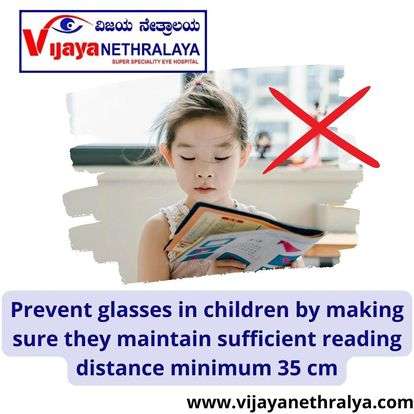
For children use the 20-20-20 rule which is nothing but encouraging your child to take a break focus every 20 minutes, focus on something at least 20 feet away for 20 seconds, and blink 20 times. This allows the eyes to relax and return to their natural position and baseline settings, this is one of the tips for eye and sight protection.
2. Eye protection of your children against sun damage:
Children’s eyes need to be protected against harmful sun rays. To do so we need to give children
- UV-Proof Hat this is one of the easiest ways to protect against harmful UV rays.
- Stroller Cover
- Sunglasses
3. Increase time to spend outdoors in your children’s:
The more time kids spend doing activities inside, like reading and working on their electronic devices, the less natural light the eye is getting to develop correctly. Children of all ages should spend at least 90 minutes per day outdoors. Spending more time outdoors improves eyesight. But make sure they play only when the sun is not during peak hours.
4. Intake of fruits, vegetables, and fatty fish to improve children’s eyesight:
Fruits: Give your child strawberries and oranges as snacks. These fruits are rich in Vitamin C which can strengthen your kid’s immune system, increasing their resistance to eye infections and other diseases.
Vegetables: Kale, spinach, and collard greens contain high levels of lutein and zeaxanthin. These carotenoids have powerful antioxidative properties which help free radicals in your eyes. according to the experts they help to prevent macular degeneration and cataract formation as your child grows older.
Fatty fish: Salmon, tuna, and mackerel are great sources of omega-3 fatty acids. They help maintain lubrication in your child’s eyes and prevent dry eye syndrome. Eating them regularly can also help reduce their risk of developing cataracts and macular degeneration later on.
Schedule regular eye check-ups with doctors:
Eye checkup for kids is the most important because some diseases transfer from parents to the child. A pediatric eye exam is Important for your child, Children should have their first eye exam early in life at 6 months of age. Again they should have an additional eye exam at 3. Hereditary Eyesight Problems A majority of eyesight-related troubles are hereditary.
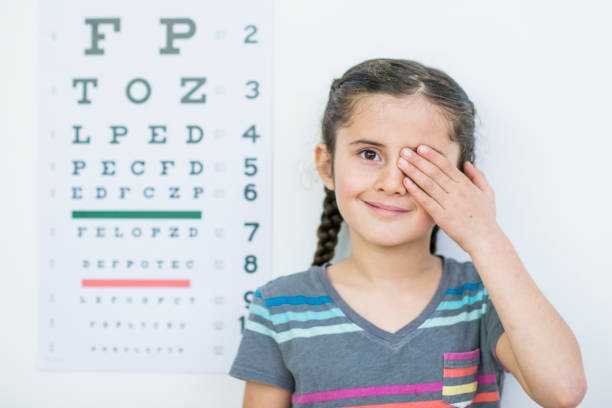
child eye problems symptoms:
- Blurry distant objects.
- Blurry nearby objects.
- Blurry vision at all distances.
- Bright zigzag lines.
- Fading colors.
- Flashes of light.
How to identify that your child is experiencing a vision problem?
If you notice your child doing the following activities then there are chances of getting a vision problem
- Blinking.
- Covering one eye.
- Sitting too close to the television or holding electronic devices or gadgets too close to the eyes.
- Rubbing eyes excessively.
- Eye pain and headaches.
How often should a child see an eye doctor?
During the school years, kids should have eye exams at least every two years if no vision problems are detected in early exams. Children who need eyeglasses or contact lenses should be examined annually or as recommended by their eye doctor. Children should see a doctor at the age of 6 if he is facing any issues later at the age of 3 years.
About Author:

Dr. Sushruth Appajigowda is a well-known Cornea, Cataract, and LASIK Surgeon in Bangalore, and the chief Cataract and Refractive surgeon at Vijaya Nethralaya Eye Hospital, Nagarbhavi Bangalore. Known as one of the best LASIK surgeons in the country, he has over 10+ years of experience with multiple platforms of LASIK like ZEISS, ALCON, SCHWIND, AMO, and Bausch and Lomb. He has conducted over 5000 LASIK and 300 Collagen cross-linking procedures. Dr. Sushruth is a recognized speaker in various National and International Forums. His expertise lies in choosing the right procedure based on your health requirement.

